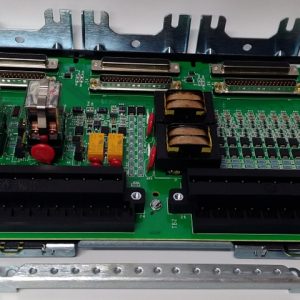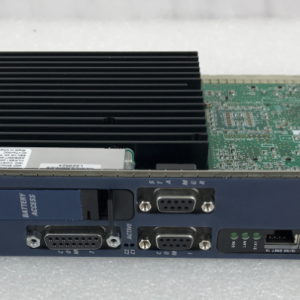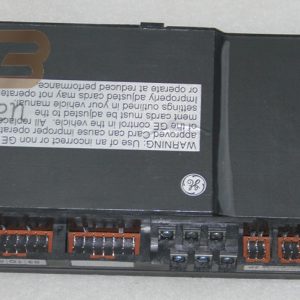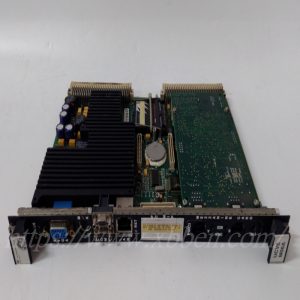IS2020RKPSG3A Modular controller
The IS2020RKPSG3A is a modular controller with a universal weight of only 3 inches deep and is the first in Hardy Instruments’ new family of modular controllers. It is primarily used in tank farm, batching/mixing, filling/dispensing, weight checking, weight level and force measurement applications. The controller now supports Allen-Bradley remote I/O (RIO) network communication, and its interface is a direct replacement for some older models and competing weigh meters. To meet specific installation needs, the HI 4050 is available in AC or DC interface power supplies and panels, as well as remote or blind DIN rail mounting packaging configurations
The IS2020RKPSG3A can be regarded as a rack power module. It is one of seven major versions of the VME rack power supply, each with different input and output requirements. The IS2020RKPSG3A has a rated output power of 400W and an input voltage rating of 125 Vdc. The module has a status ID output, a remote +28V PSA output, and five more +28V PSA outputs, and is designed to be mounted to the right side of the VME control and interface rack.
The IS2020RKPSG3A can be used as an operator control for regenerative filters to start process tasks without a batch management system. Controller-based programs can sequence multiple process tasks, such as regenerative filters or reactors, which can help reduce project development efforts, reduce initial development costs, lifecycle development costs, and reduce time to market for new products.
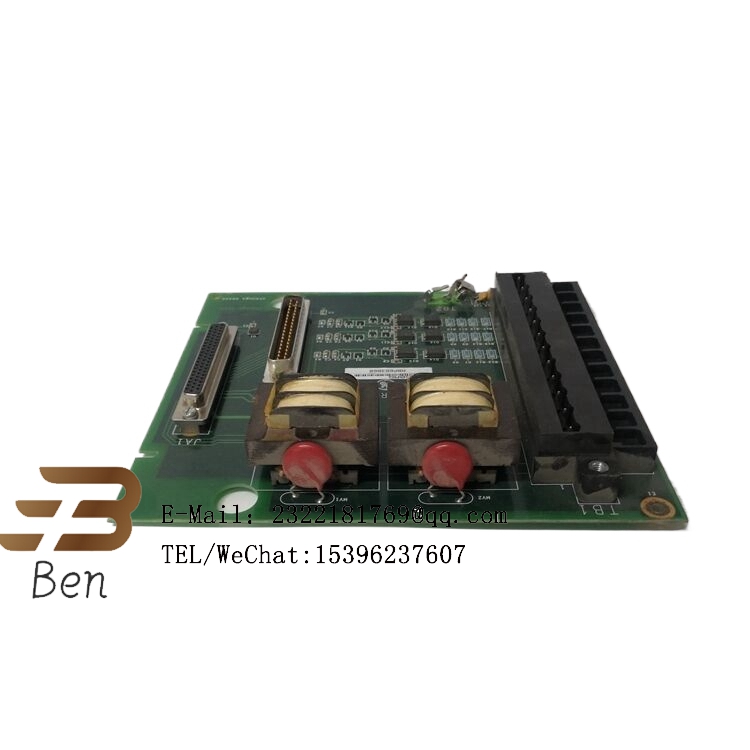
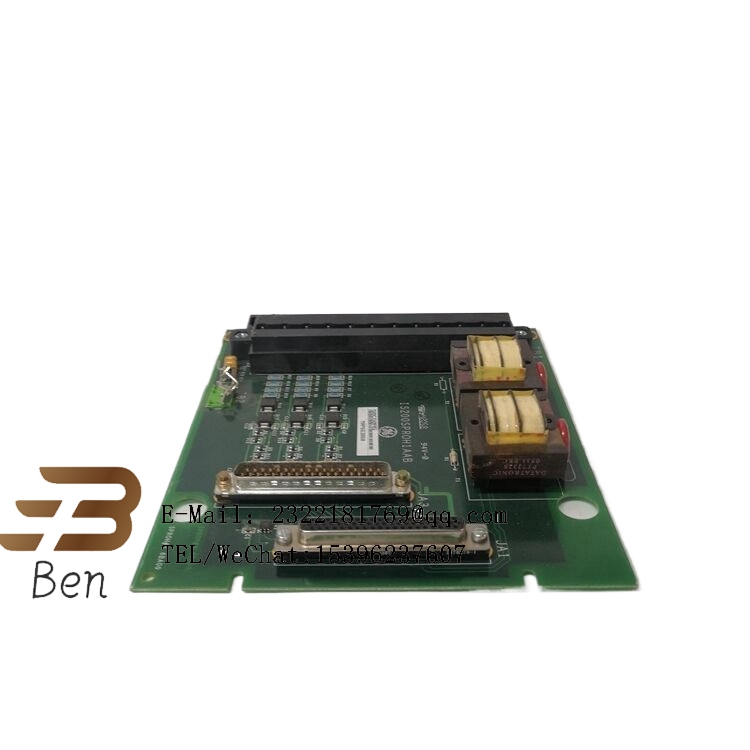
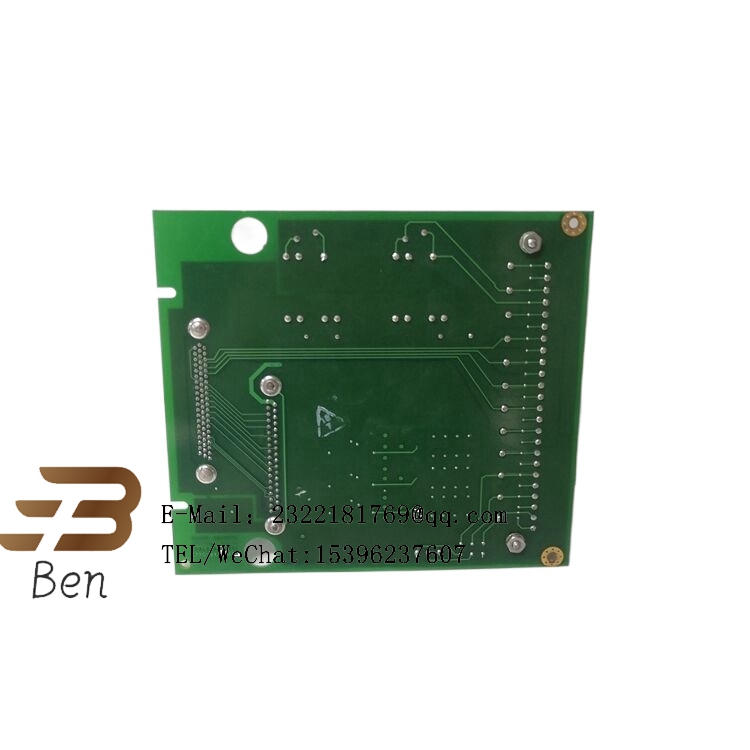
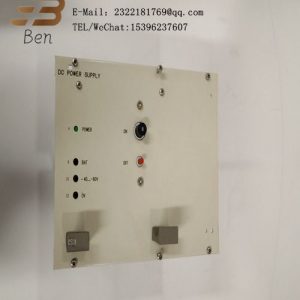
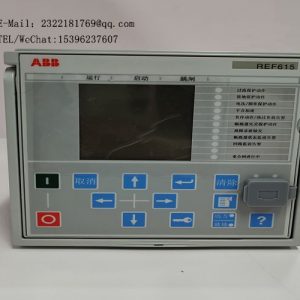
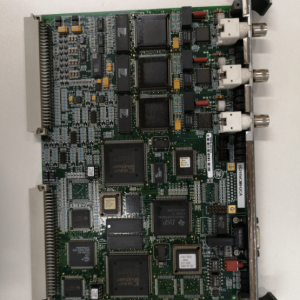
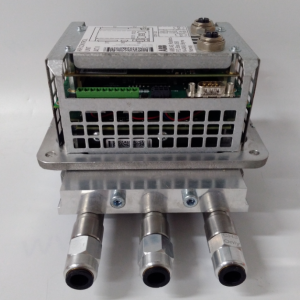
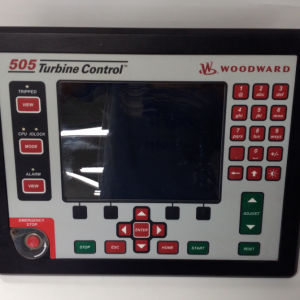
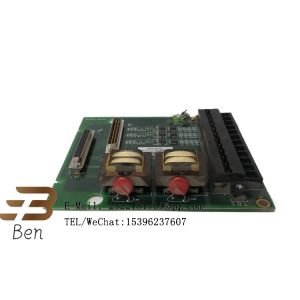
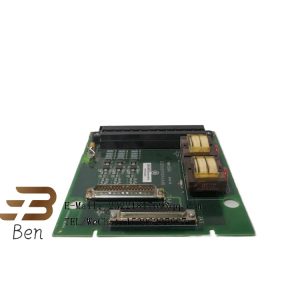
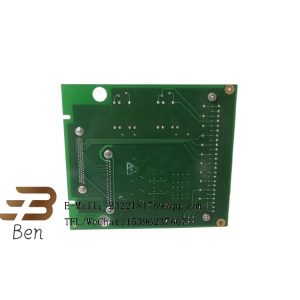
.png)
